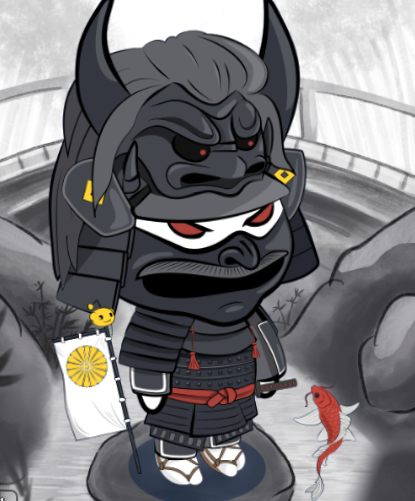Well… Yeah. Everybody’s using their phones instead.
I still own an electronic Japanese dictionary but haven’t used it in about 10 years. I have a dictionary app on my phone that I use nearly every day.
About the only thing the electronic version still does better than any of the apps I’ve tried, surprisingly, is handwritten kanji recognition, I think perhaps because it comes with a little stylus that makes it more precise.
were electronic dictionaries a bigger deal in japan than elsewhere? as far as i know, in america they were never anything more than novelties even before everyone had a computer in their pocket. i did a little googling and it seems like they were/are more common in japan but couldn’t find any reference as to why. my only guess is that it has something to do with keeping track of kanji but in the 80s they probably weren’t even capable of displaying kanji so /shrug
These dictionaries are a godsend for figuring out what a given kanji means, and how to pronounce it.
There are around 40 000 kanji characters. Most have various meanings depending on context. And depending on the context, a character is spoken in entirety different ways.
Honestly, english is not much better there; i’m good at reading and writing it but have trouble with pronounciation. And lot’s of words with double or tripple meaning. At least in german-ish you know how to say it by reading it. Chuchichäschtli is a Chuchichäschtli and not a Küchenkasten.
Though tough, through thorough thought, you can learn how to properly pronounce English words.
GOOD now they can learn anglish
I still need to work on my anglish






